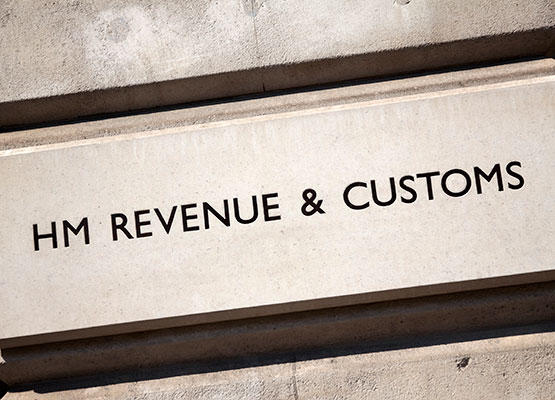- Home
- IPSE News
- Latest news
- Exercise caution over Employee Benefit Trusts (EBTs)
Exercise caution over Employee Benefit Trusts (EBTs)
- 25 Sep 2017

Many examples exist of tax schemes offering enticing rates of up to 85 per cent of gross take home pay. A large number of these schemes involve the use of Employee Benefit Trusts (EBTs). As a general rule of thumb, these schemes are best avoided. The old adage ‘if it sounds too good to be true, it is too good to be true’ is worth bearing in mind here.
Since the 2010 Budget, the use of EBTs (and other similar schemes) has been closely scrutinised by HMRC, who have utilised numerous pieces of legislation to recoup Income Tax and National Insurance Contributions that had been unpaid as money has been funnelled through these structures.
In the Finance Bill 2017, the Government published notes concerning disguised remuneration. A package of measures was introduced, designed to tackle existing schemes and to discourage future ones.
One such measure will place a charge on loans made since 5 April 1999 that remain outstanding on 5 April 2019. The legislation also requires that additional information, such as interest rates and repayment terms, are provided to HMRC.
The information disclosures are extensive and require specific details relating to the loan arrangement. The timeframe to provide HMRC with the related information is short – 6 April 2019 to 30 September 2019 – and penalties will be levied if it is not met. If you feel this legislation may apply to your business, IPSE recommends seeking professional advice to ensure that you are fully compliant.
Issues of this nature are not covered under IPSE’s tax investigations insurance policy; therefore IPSE advises extreme caution before entering into schemes such as EBTs.
Meet the author

Tom Purvis
Political and Economic Adviser
Find out more about our work
